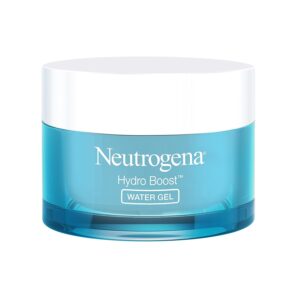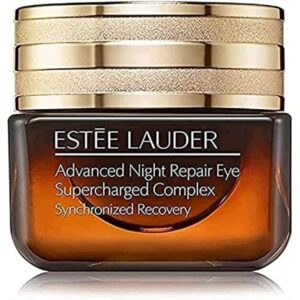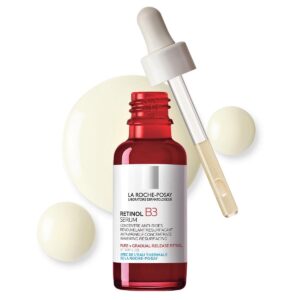Top Tips & Products for Radiant Aging Skin!
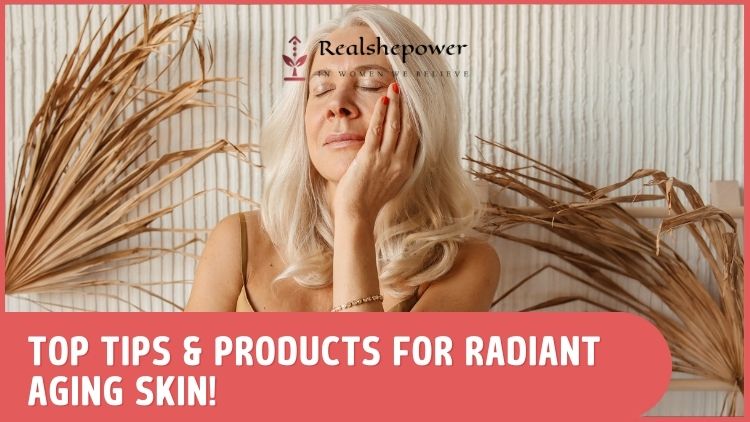

Aging is a natural and beautiful process that everyone goes through, but it can also bring changes that are not as welcomed. As the years pass, you might notice wrinkles, fine lines, and a loss of elasticity in your skin. But fret not – with the right skin care routine tailored to aging skin, you can maintain a healthy, glowing complexion. In this guide, we’ll explore the best skin care for aging skin, offering tips and product recommendations to revitalize your natural beauty.
Table of Contents
Understanding Aging Skin
Our skin undergoes numerous changes as we age. It becomes thinner, loses fat, and no longer looks as plump and smooth as it once did. Various factors, including sun exposure, diet, and genetic predisposition, can influence how your skin ages. Understanding these factors is the first step towards curating an effective skincare regimen.
Intrinsic Aging
Intrinsic aging refers to the natural aging process, largely governed by our genetics. This type of aging is inevitable and typically begins in our mid-20s. Although the process is gradual and often goes unnoticed for years, certain telltale signs eventually emerge.
Key Characteristics of Intrinsic Aging:
- Thinning Skin: The dermis loses collagen, causing the skin to become thinner and more fragile.
- Decreased Elasticity: Elastin production diminishes, leading to less elastic and flexible skin.
- Dryness: Aging skin tends to be drier due to a decrease in the skin’s ability to retain moisture.
Extrinsic Aging
Extrinsic aging is caused by external factors, many of which can be controlled to a certain extent. Lifestyle choices and environmental exposure play a significant role in this type of aging.
Key Characteristics of Extrinsic Aging:
- Sun Damage: Prolonged exposure to the sun’s ultraviolet (UV) rays breaks down collagen and elastin, accelerating the appearance of aging.
- Pollution: Exposure to pollutants can cause premature skin aging, leading to wrinkles and other signs of aging.
- Lifestyle Choices: Smoking, poor diet, and lack of exercise can expedite the aging process.
Mitigating the Effects of Aging
Understanding the dual roles of intrinsic and extrinsic aging factors equips us to combat the signs of aging more effectively. Adopting a comprehensive skincare regimen that addresses both these aspects can significantly enhance the skin’s appearance and texture.
Skin Care for Aging Skin: The Golden Rules
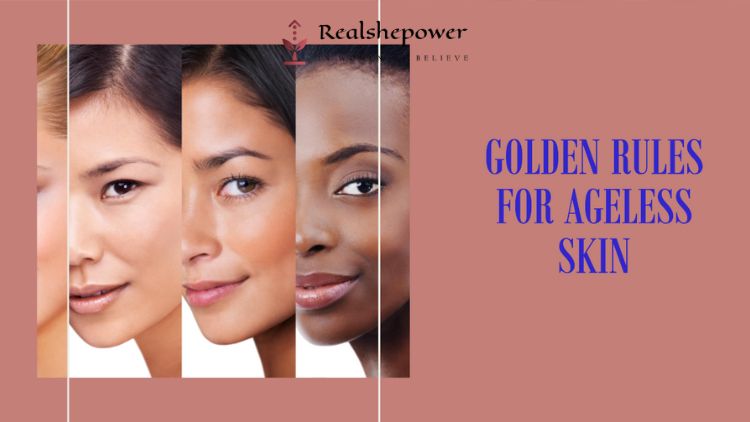
1. Hydration is Key
Why Hydration Matters
As the skin ages, it loses its ability to retain moisture, leading to dryness, wrinkles, and a lackluster appearance. Hydrated skin is plump, resilient, and more capable of battling environmental aggressors.
How to Optimize Skin Hydration
- Use a Rich Moisturizer: Choose moisturizers that contain ingredients like hyaluronic acid and ceramides. Apply it while your skin is still damp to lock in moisture.
- Stay Hydrated Internally: Drink ample water throughout the day. Incorporate hydrating foods like fruits and vegetables into your diet.
- Use a Humidifier: Consider using a humidifier in your room, especially during dry seasons, to maintain ambient moisture.
2. Sun Protection
The Impact of Sun Exposure
UVA and UVB rays from the sun contribute to premature aging, causing wrinkles, age spots, and increasing the risk of skin cancer. Sun protection is the cornerstone of any effective skincare routine.
Effective Sun Protection Strategies
- Use Broad-Spectrum SPF: Apply sunscreen with at least SPF 30 every day, regardless of the weather. Reapply every two hours when outdoors.
- Wear Protective Clothing: Incorporate hats, sunglasses, and long sleeves when under direct sunlight.
- Seek Shade: Avoid the sun during its peak hours, typically between 10 am and 4 pm.
3. Nutrient-Rich Diet
The Role of Diet in Skin Health
What you eat significantly affects your skin’s condition. A diet rich in antioxidants, vitamins, and minerals can improve skin elasticity, reduce inflammation, and promote a radiant glow.
Foods for Glowing Skin
- Fruits and Vegetables: These are rich in antioxidants that fight free radical damage. Include a variety of colors to get a range of nutrients.
- Healthy Fats: Incorporate sources of omega-3 and omega-6 fatty acids, like fish, nuts, and seeds, for moisturized and supple skin.
- Protein Sources: Include lean proteins like chicken, turkey, and legumes to support collagen production.
Top Ingredients for Aging Skin
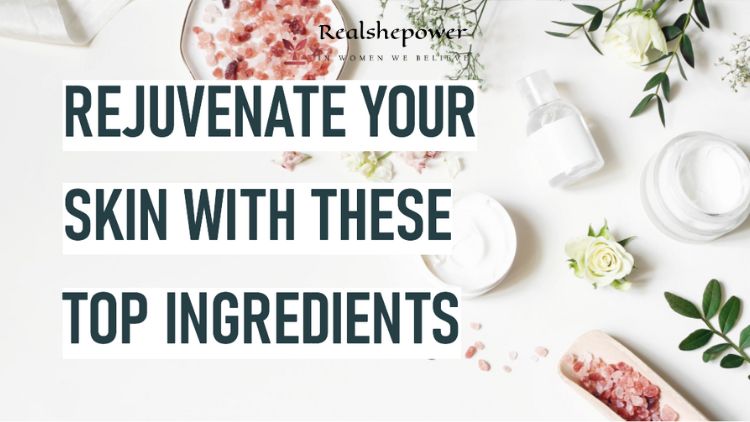
– Retinoids
Retinoids have proven to be a gold standard in anti-aging skincare. These vitamin A derivatives stimulate collagen production, promoting skin renewal and reducing the appearance of wrinkles and fine lines. Retinol, retinyl palmitate, and retinaldehyde are common types of retinoids found in over-the-counter skincare products.
Benefits:
- Enhance skin texture and tone
- Mitigate acne
- Reduce dark spots and hyperpigmentation
How to Use: Begin with a lower concentration to allow your skin to adapt, and always apply sunscreen in the morning as retinoids can make your skin more sensitive to the sun.
– Antioxidants
These are essential in neutralizing free radicals caused by sun exposure, pollution, and other environmental stressors. Vitamins C, E, and green tea extract are popular antioxidants in skincare.
Benefits:
- Brighten skin tone
- Protect against environmental damage
- Improve skin’s firmness and elasticity
How to Use: Apply products containing antioxidants in the morning to protect your skin throughout the day.
– Peptides
Peptides are small protein fragments that stimulate collagen production, improving the skin’s elasticity and firmness. They also enhance the skin’s repair process.
Benefits:
- Boost collagen and elastin production
- Improve skin barrier
- Reduce inflammation
How to Use: Peptides can be found in various products like serums, moisturizers, and eye creams. Apply as directed for optimal results.
– Hyaluronic Acid
This naturally occurring substance in our skin attracts and retains moisture, making it a crucial ingredient for aging skin that often suffers from dryness.
Benefits:
- Hydrates and plumps the skin
- Reduces the appearance of wrinkles
- Enhances skin’s texture and appearance
How to Use: Apply hyaluronic acid products in the morning and evening to maintain skin’s moisture levels.
– Alpha Hydroxy Acids (AHAs)
AHAs like glycolic acid and lactic acid are exfoliants that remove dead skin cells and promote cell turnover, revealing brighter and smoother skin.
Benefits:
- Improve skin texture
- Brighten skin tone
- Diminish the appearance of age spots and wrinkles
How to Use: Since AHAs increase sun sensitivity, it’s imperative to use sunscreen in the morning. Start with products with a lower concentration of AHAs to allow your skin to adapt.
Recommended Products
Choose products that are specially formulated for aging skin. Here’s a selection of highly recommended items:
1. Moisturizing Creams:
- Olay Regenerist Micro-Sculpting Cream
- Enriched with hyaluronic acid, amino-peptides, and niacinamide (Vitamin B3), this cream reduces the appearance of fine lines and wrinkles while hydrating the skin.
- Neutrogena Hydro Boost Water Gel
- A non-greasy, fast-absorbing formula featuring hyaluronic acid to effectively hydrate and plump the skin.
2. Eye Creams:
- RoC Retinol Correxion Eye Cream
- Combines the power of retinol and a mineral blend to reduce puffiness, dark circles, and improve the appearance of fine lines around the eyes.
- Estée Lauder Advanced Night Repair Eye
- A potent treatment equipped with anti-aging technology that rejuvenates the delicate eye area, addressing multiple signs of aging.
3. Serums:
- Skinceuticals C E Ferulic
- A patented daytime vitamin C serum that delivers advanced environmental protection and improves the appearance of fine lines and wrinkles, loss of firmness, and brightens skin’s complexion.
- La Roche-Posay Pure Vitamin C Face Serum
- An anti-aging serum with pure Vitamin C and salicylic acid to brighten the skin, reduce wrinkles, and improve skin texture.
How to Choose the Right Products
When selecting products for aging skin, it’s essential to consider individual skin types and concerns. Always check the ingredient list to ensure compatibility and avoid potential irritants. Patch testing a small amount of the product on your forearm can help ensure it’s suitable for your skin.
Tailored Skin Care Routines
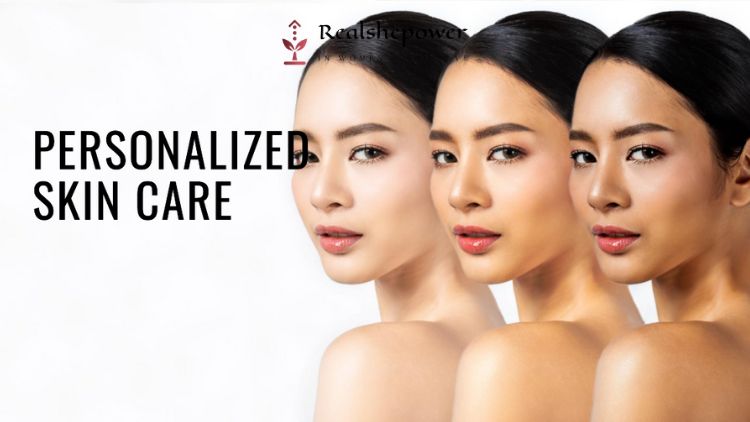
Develop a tailored routine that addresses your specific skin needs. It should include cleansing, moisturizing, treating targeted concerns, and sun protection.
Morning Routine:
The morning routine is all about protection and preparation. Your skin needs to be shielded from the environmental stressors it faces throughout the day.
1. Gentle Cleanser:
- Why it’s essential: Removes the natural oils that accumulate on the skin overnight and any remnants of overnight skincare products, giving you a fresh start.
- Product recommendation: Look for a cleanser containing natural ingredients like chamomile or aloe vera, which are gentle yet effective.
2. Antioxidant Serum:
- Why it’s essential: Protects the skin from free radicals and environmental pollutants, reducing signs of aging.
- Product recommendation: Serums rich in vitamin C or E offer strong antioxidant protection and promote radiant skin.
3. Moisturizer with SPF:
- Why it’s essential: Hydrates the skin and provides a protective barrier against UVA and UVB rays.
- Product recommendation: Opt for a moisturizer with at least SPF 30, ensuring it’s labeled “broad spectrum” for comprehensive protection.
Evening Routine:
The evening routine is centered around repair and regeneration. This is the time to apply products that nourish and restore the skin as you sleep.
1. Cleansing Oil or Micellar Water:
- Why it’s essential: Efficiently removes makeup, sunscreen, and impurities accumulated throughout the day without stripping the skin.
- Product recommendation: A gentle, hydrating cleansing oil or micellar water that doesn’t leave the skin feeling tight or dry.
2. Retinoid Serum or Cream:
- Why it’s essential: Promotes cell turnover, improves texture, and reduces the appearance of wrinkles and fine lines.
- Product recommendation: Start with a lower concentration of retinoids to allow your skin to adapt, gradually increasing the strength as tolerated.
3. Hydrating Moisturizer:
- Why it’s essential: Replenishes moisture loss and helps the skin repair itself overnight.
- Product recommendation: Look for a rich, nourishing cream with ingredients like hyaluronic acid or ceramides to boost hydration.
Tips for Maximizing Your Routine:
1. Be Consistent: Consistency is the key. Stick to your routine, making adjustments as needed based on how your skin responds.
2. Listen to Your Skin: Pay attention to your skin’s needs. If you notice any irritation or sensitivity, it might be necessary to switch products or adjust the frequency of use.
3. Professional Consultation: Consider seeking advice from a dermatologist who can provide personalized recommendations based on your skin type, concerns, and goals.
Lifestyle Adjustments for Glowing Skin
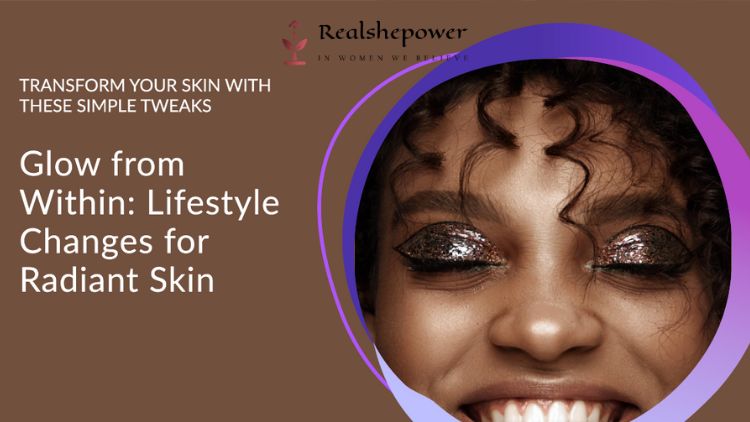
1. Quality Sleep:
Prioritize Rest:
Adequate rest is crucial for skin health. During sleep, your body goes into repair mode, healing and regenerating skin cells. Ensure you get 7-9 hours of quality sleep each night. Create a restful environment, avoiding screens before bedtime, and establish a relaxing bedtime routine to improve sleep quality.
2. Stay Active:
Exercise Regularly:
Physical activity enhances blood circulation, delivering nutrients to your skin cells and promoting a radiant complexion. Incorporating a mix of cardiovascular and strength-training exercises can improve skin elasticity and texture. Always remember to clean your face after a workout to avoid breakouts.
Outdoor Activities:
Engaging in outdoor activities not only boosts your mood but exposes your skin to natural light, which can be beneficial in moderation. However, always apply sunscreen to protect your skin from UV damage.
3. Stress Management:
Mindful Practices:
Stress affects hormonal balance and can lead to issues like breakouts and accelerated aging. Mindful practices like meditation and yoga can reduce stress levels, promoting mental and skin health.
Hobbies and Relaxation:
Engaging in hobbies and activities that relax and uplift your spirit can have a positive impact on your skin. Dedicate time to activities you love and consider exploring creative outlets like painting, reading, or gardening.
Also Read: Boosting Metabolism in 10 Days for Women Over 30
4. Nutrition:
Balanced Diet:
The foods you consume directly impact your skin’s health. Focus on a balanced diet rich in antioxidants, vitamins, and minerals. Include plenty of fruits, vegetables, whole grains, and lean proteins in your meals.
Hydration:
Water plays an essential role in maintaining skin moisture and delivering essential nutrients to skin cells. Aim to drink at least 8 glasses of water daily to keep your skin hydrated and glowing.
5. Avoid Harmful Habits:
Say No to Smoking:
Tobacco smoke contains toxins that can lead to skin aging. Quitting smoking can improve skin tone and texture and contribute to a healthier complexion.
Limit Alcohol Consumption:
While an occasional drink is fine, excessive alcohol can dehydrate the skin and deplete it of essential nutrients. Limit your intake to maintain your skin’s health.
Creating a Holistic Approach
Taking a holistic approach to skincare, involving not only topical treatments but also lifestyle adjustments, can offer comprehensive benefits for aging skin. Each small change in your lifestyle contributes to the mosaic of overall skin health, leading to a radiant, youthful, and glowing complexion at any age. Balancing these elements provides not just surface-level results but deep, enduring skin health that reflects your inner vitality and well-being.
Conclusion
Aging gracefully is not about battling time but embracing it with care and dignity. By understanding the specific needs of aging skin and tailoring your skin care accordingly, you can maintain a healthy, radiant complexion throughout the years. Remember, the best skin care for aging skin is one that is personalized, consistent, and enriched with love and care. Enjoy the journey of self-care and unveil your ever-evolving beauty with grace.
5 Tried and Tested Collagen Supplements for Women: Boost Your Beauty Game Naturally!
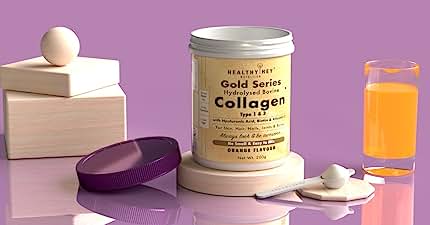
As we age, our natural collagen production decreases, leading to the appearance of wrinkles, joint stiffness, and weakened hair and nails. Collagen supplements aim to replenish the body’s collagen levels, providing potential benefits for skin health, joint function, and overall well-being.
You can now write for RSP Magazine and be a part of the community. Share your stories and opinions with us here.

